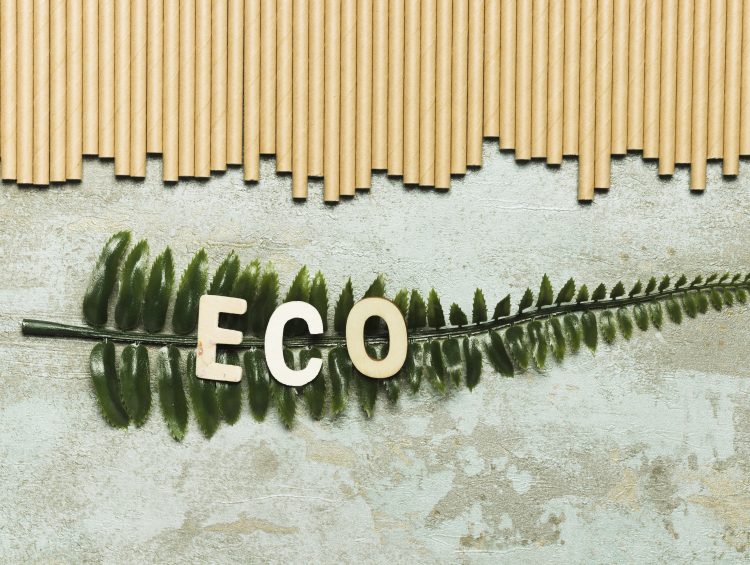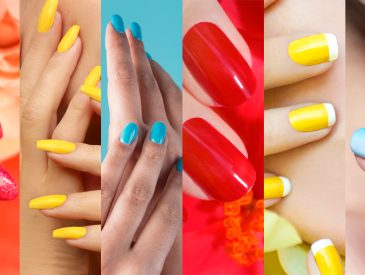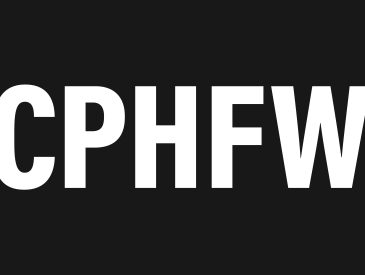As we become more aware of our daily choices impact on the environment, we seek sustainable solutions in every aspect of our lives, including the clothes we wear. Unfortunately, the fashion industry is one of the largest polluters in the world, responsible for significant greenhouse gas emissions, water pollution, and waste. Eco textiles offer a promising solution to these problems by providing sustainable, environmentally friendly alternatives to traditional textiles.
As people become more conscious of the impact of fashion on the environment and society, eco textiles are gaining popularity as an alternative to traditional fabrics. Eco textiles are made from sustainable and ethical materials that are better for the planet and people.
What is Eco Textile?
Eco textiles are fabrics made from sustainable, ethically sourced, processed and manufactured materials. These materials can be natural, such as organic cotton, linen, hemp, and bamboo, or synthetic, such as recycled polyester and nylon. Eco textiles can also be made from alternative materials such as pineapple leaves, mushroom mycelium, and recycled coffee grounds.
Sustainable materials are renewable, biodegradable, and have a low environmental impact. For example, organic cotton is grown without pesticides and synthetic fertilizers, which reduces the number of chemicals released into the environment. Likewise, flax and hemp requires less water and fewer chemicals to grow than traditional cotton, making them more sustainable.
Ethical materials are produced in fair and safe working conditions for employees and do not harm animals and the environment. For example, bamboo is a fast-growing and renewable resource, but some bamboo fabric products may involve toxic chemicals. Ethically produced bamboo textiles are made using non-toxic processes and do not harm the environment.
Recycled materials are reclaimed from waste materials such as plastic bottles or discarded clothing. For example, recycled polyester and nylon are used extensively in the manufacture of clothing and reduce the amount of plastic waste in landfills and the oceans. Recycled cotton, which reduces the amount of water and chemicals used in the production process, is also an option.
Advantages of Eco Textiles
Eco textiles have several advantages over traditional fabrics:
- They have a lower environmental impact because they are made from sustainable and ethical materials. This reduces the amount of water, energy, and chemicals used in the production process and the amount of waste produced.
- Eco textiles are generally more durable, long-lasting than traditional fabrics and made from higher-quality materials. This means they need to be changed less frequently, which reduces the amount of clothing waste.
- Eco textiles can be recycled or composted at the end of their life, reducing their environmental impact.
Challenges of Eco Textiles
There are also difficulties in producing and using eco textiles:
- Sustainable and ethical materials can be more expensive than traditional ones, making eco-textiles more costly for consumers.
- Some eco textiles require special care during washing and cleaning, which can be uncomfortable for consumers.
- There needs to be more transparency and standardization in the eco-textile industry, which can make it difficult for consumers to understand whether the clothing they buy is genuinely sustainable and ethical.
Eco textiles are a sustainable and ethical alternative to traditional fabrics with a lower environmental impact and are produced in fair and safe working conditions. They are made from various materials, including organic cotton, linen, hemp, bamboo, and recycled materials. While producing and using eco textiles have challenges, they offer several advantages over traditional fabrics, such as durability, longevity, and recyclability. As the fashion industry continues moving towards sustainability and ethical manufacturing, eco textiles will likely become increasingly popular with consumers.





